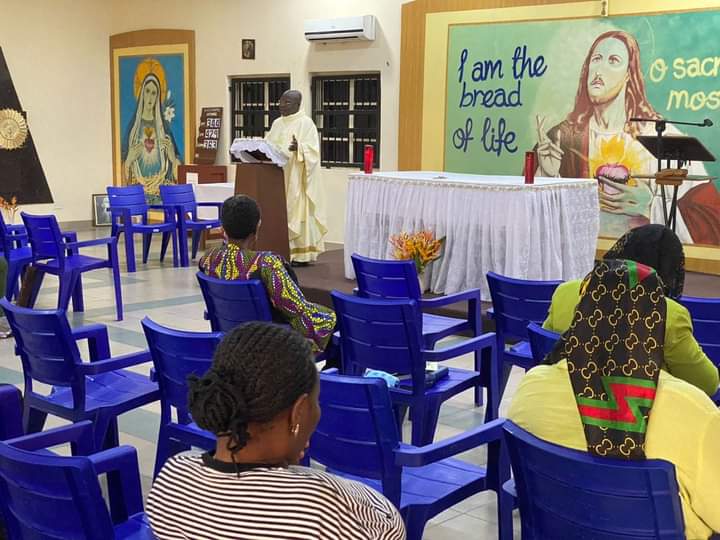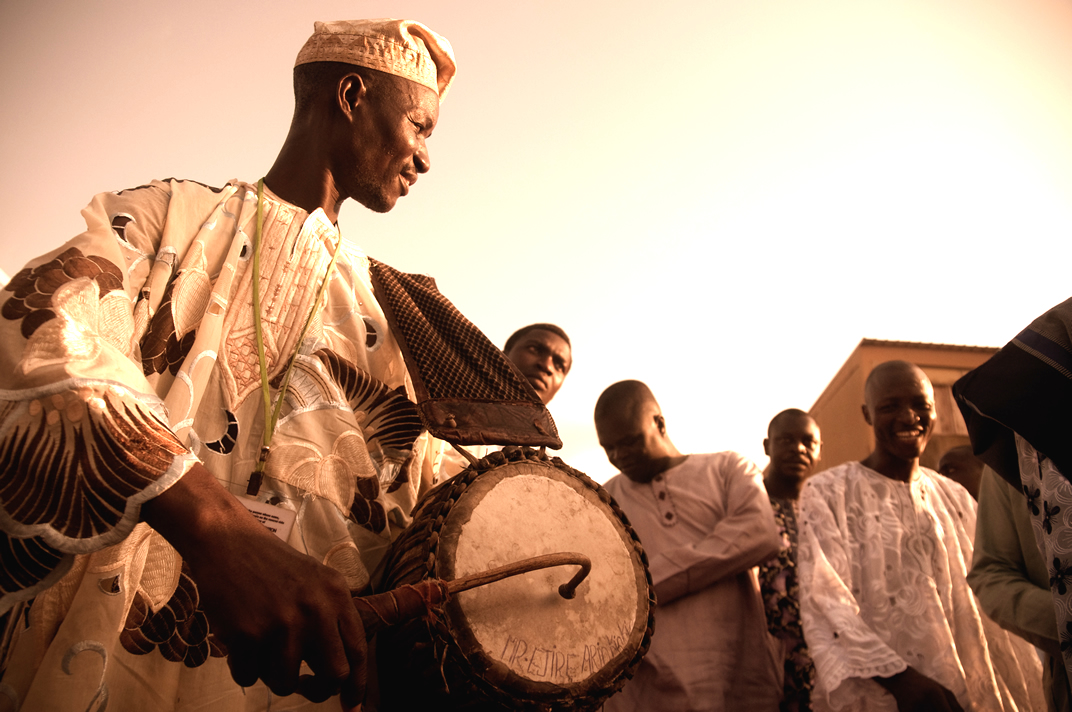History
Ahebi Ugbabe – Only Female King of Colonial Nigeria

Ahebi Ugbabe is one of the names lost within the pages of Nigerian history. If I had my way, there would be a biopic for this iconic force. Ahebi is a force to reckon with.
Ahebi Ugbabe isn’t one of the names that should have you scampering, answers should have been found within the four walls of your History classroom or on the lips of your grandmother at tales by moonlight.
Ahebi Ugbabe was born in the latter part of the 19th century in Umuida, Enugu-Ezike, to Ugbabe Ayibi, a farmer and palm-wine tapper, and Anekwu Ameh, a farmer and trader. She had two brothers and no sisters. Before moving to Umuida, she stayed for a brief time with her mother’s family in Unadu. She didn’t linger long after her return, before running away.
She had to flee to Igalaland later on. As retribution for her father’s crime, Ahebi was fleeing from an order for her to be married to a female deity. This punishment has been referred to as igo ma ogo (to become the inlaw of a deity).
Ahebi became a sex worker during her forced exile and used this mode of work to her benefit. Ahebi learned to speak various languages during her journeys, such as “Igala, Nupe, and Pidgin English.” Her popularity and freedom helped to redefine sex work from servitude to a voluntary career in the Igbo community.
Her sex work and linguistic abilities gave her access to the Attah-Igala (king) and the British divisional officer, who not only facilitated her return to Enugu-Ezike, but also supported her claim to the office of chief, warrant chief, and, subsequently, eze.
Ahebi’s reign started a few months after she returned from exile to Igboland. Ahebi was the only person capable of communicating with the British in her village. She succeeded Ugwu Okegwu, the aged (and increasingly incompetent) headman who was unable to communicate with the British.
READ ALSO: Christopher Okigbo – The Biafran Poet
She was made the only female warrant chief in the British Native Court in all of colonial Nigeria. British District Officer W. H. Lloyd said “Ahebi is a lady of influence and power. She is intelligent and of a quiet disposition. When she does speak, it is usually to the point and sensible.”

Ahebi Ugbabe – Only Female King of Colonial Nigeria
Although Ahebi commanded the respect of her people, she sowed seeds of resentment by conscripting forced labour and imposing a census and a British tax. The Igbo people “did not believe that human beings should ever be counted.” This census contributed to the Aba Women Riot of 1929.
She was considered to have overreached in her ambition and violated a social standing by attending a spiritual masquerade ritual with her own mask. This ritual was only for men. The male elders and Ahebi went to court to settle the case and the British sided with the male elders, undermining Ahebi’s rule.
An aura of mysticism was cultivated by Ahebi Ugbabe to solidify an image of an all-powerful rule. To drive this mysticism and therefore, strength, she used pre-colonial practices. She gathered several wives, many of whom were runaways from abusive husbands. These wives bore children with other men but they took Ahebi’s name. She had numerous servants, too, who would support her.
She held her own burial rites before she died. She “did not trust that her society would accord her a befitting burial.” She wanted to conduct the rites “in such a magnificent manner that her society would never forget that an incredible being such as herself had lived.” Her living funeral included gunfire, the sacrifice of animals, and remembrance music.
Ahebi died in 1948. She was buried according to the local customs for burying men.
The next time someone tells you that there aren’t feminists in Colonial Nigeria, mention Ahebi Ugbabe.
Share your thoughts in the comment section.
Advertise or Publish a Story on EkoHot Blog:
Kindly contact us at [email protected]. Breaking stories should be sent to the above email and substantiated with pictorial evidence.
Citizen journalists will receive a token as data incentive.
Call or Whatsapp: 0803 561 7233, 0703 414 5611












